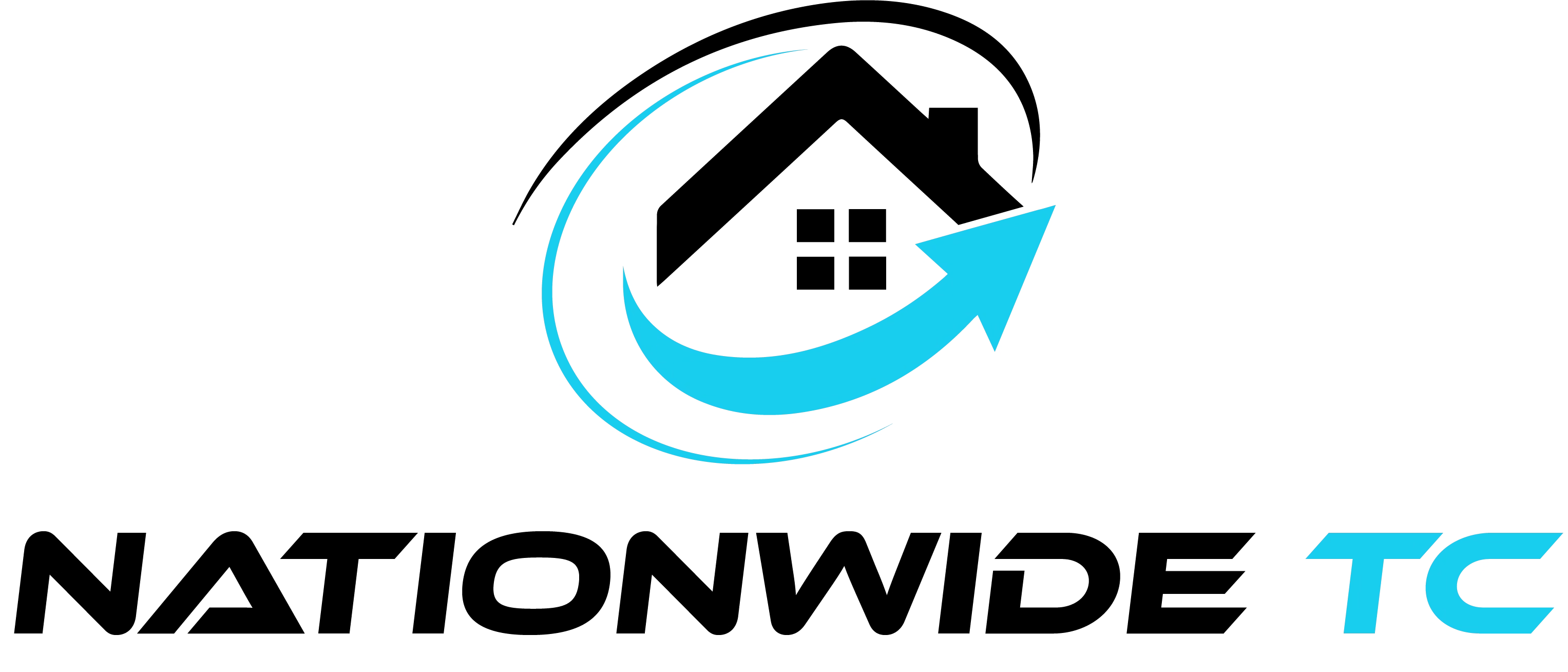No products in the cart.

Time Management Tips Every Transaction Coordinator Should Know
Managing a real estate transaction is no easy task. As a Transaction Coordinator (TC), you are the backbone of the operation, handling multiple files, tight deadlines, and constant communication. To stay on top of it all and avoid getting overwhelmed, time management becomes essential. Below are some practical time management tips that will help you maximize your productivity and reduce stress.
1. Prioritize Your Tasks as a Transaction Coordinator
Effective time management starts with understanding what needs to be done first. As a Transaction Coordinator, you’ll likely juggle many tasks at once, such as submitting paperwork, responding to client queries, and coordinating with agents. It’s important to create a to-do list each day and categorize tasks based on urgency. Focus on the most pressing tasks first, like submitting documents that are close to their deadline. Once the urgent items are addressed, move on to less time-sensitive work. By determining what is a priority and what can wait, you will be able to stay on track and reduce feelings of being overwhelmed.
2. Utilize Checklists for Each Transaction
As a Transaction Coordinator, you will manage several moving parts in each transaction. Missing a step in the process can delay the entire transaction, so it’s important to be organized. A detailed checklist can help ensure that no important task is overlooked. Break down each task into smaller steps, such as verifying documents, making phone calls, or sending emails. You can keep these checklists in digital form for easy access wherever you are. As you complete each task, mark it off to maintain focus and track progress. This method not only helps prevent errors but also provides a sense of accomplishment throughout your workday.
3. Streamline Your Workflow with Project Management Tools
Using a project management tool is a game-changer for Transaction Coordinators. Platforms such as Podio, Asana, or Trello help you stay organized by centralizing your tasks and communications. By using these tools, you can set deadlines, track progress, and access documents all in one place. The best part is that these tools let you set reminders and automate recurring tasks, so you won’t forget important steps. Organizing everything in one place reduces the time you spend switching between different apps. This way, you can spend more time on high-priority tasks and less time looking for information.
4. Batch Tasks for Better Focus as a Transaction Coordinator
Batching tasks is a time management technique that helps you work more efficiently. Rather than switching back and forth between tasks all day, try grouping similar tasks together. For example, set aside a block of time each day to answer all your emails, instead of checking your inbox sporadically. Similarly, dedicate a time slot to review and upload documents, rather than doing it in small intervals. By batching tasks, you reduce mental fatigue from constantly shifting focus, making it easier to complete more work in less time. This method also helps you stay in a “flow” state, which leads to higher productivity.
5. Delegate Non-Essential Tasks
A skilled Transaction Coordinator knows when to delegate tasks. While it’s essential to manage the details of each transaction, not everything needs to be done personally. If you have an assistant or a team, consider delegating administrative tasks. For instance, have your assistant handle routine phone call follow-ups or organize documents, while you focus on more complex tasks, such as preparing closing documents. Delegating tasks frees up your time and allows you to focus on your strengths. It also helps you maintain better work-life balance by reducing your workload.
6. Set Clear Boundaries to Avoid Burnout as a Transaction Coordinator
As a Transaction Coordinator, you may feel the pressure to always be available for clients, agents, and other stakeholders. However, setting clear boundaries is crucial to prevent burnout. Establish specific work hours and communicate these to clients and agents. Let them know when you are available for calls and emails and when you are off-duty. Setting expectations around your availability ensures that you have time to recharge and maintain a healthy work-life balance. By respecting your own time, you’ll be able to work more efficiently during your designated hours and feel less stressed.
7. Review and Reflect on Your Time Management Practices
At the end of each week, take time to review how your time was spent. Reflect on what went well and what didn’t. Did you spend too much time on emails? Were certain tasks taking longer than expected? Analyzing your time usage helps you identify areas for improvement. For instance, if you find that you spent too much time on administrative tasks, consider delegating more responsibilities. Adjust your strategy for the following week to improve your efficiency and productivity. Continuous improvement is key to becoming a better Transaction Coordinator and reducing stress.
8. Use Templates for Repetitive Tasks
Transaction Coordinators often deal with repetitive tasks such as document creation, email communication, and data entry. To save time, create templates for these tasks. For example, you can develop a template for your client emails, where you only need to customize a few details for each transaction. Similarly, templates for documents like closing checklists or contract review can be reused across multiple files. By using templates, you’ll significantly reduce the time spent on administrative tasks. This also reduces the chance of errors, ensuring consistency in your work.
9. Manage Deadlines Effectively as a Transaction Coordinator
Deadlines are a constant part of a Transaction Coordinator’s job. Missing a deadline can delay the entire transaction, which can create stress for everyone involved. To stay ahead of deadlines, use a calendar or scheduling tool to track important dates. Set up reminders for upcoming deadlines, and break larger tasks into smaller steps with their own deadlines. For example, if a deadline is approaching for submitting paperwork, set a reminder to review the document a few days before the actual due date. By staying ahead of deadlines, you can manage your time more effectively and avoid last-minute scrambling.
10. Focus on Communication Efficiency
Communication is a major part of a Transaction Coordinator’s role, but it can also consume a lot of time. To improve communication efficiency, try to be as clear and concise as possible in your emails, phone calls, and messages. Avoid sending lengthy emails or unnecessary follow-ups. Instead, try to address all concerns in one clear communication. This minimizes the back-and-forth and saves you time. Also, be proactive in reaching out to clients and agents before issues arise. By streamlining communication, you can avoid time-consuming misunderstandings and ensure smooth transactions.
11. Stay Organized with Digital Tools
Digital tools are essential for staying organized and managing multiple files. Use cloud-based systems to store important documents and information so you can access them from anywhere. Tools like Google Drive or Dropbox allow you to easily organize, share, and collaborate on files. Additionally, digital task management tools, such as Todoist or Monday.com, can help you track progress, set deadlines, and assign tasks. By staying organized digitally, you reduce the time spent searching for documents or tracking down information. These tools also provide a central location for everything related to the transaction, making it easier to stay on top of multiple files.
12. Avoid Multitasking
Multitasking may seem like an efficient way to work, but it can actually decrease productivity. Studies have shown that multitasking can lead to mistakes and slower completion times. As a Transaction Coordinator, it’s important to focus on one task at a time. When you focus on a single task, you can complete it more efficiently and accurately. For example, don’t try to answer emails while reviewing contracts. Instead, finish reviewing the contract, then move on to your emails. Focusing on one task at a time helps you work more effectively and reduces the chances of errors.
Conclusion
Being a Transaction Coordinator is a demanding role, but with the right time management strategies, you can stay organized and reduce stress. Prioritize your tasks, use project management tools, delegate when possible, and set clear boundaries to maintain a healthy work-life balance. By managing your time effectively, you’ll ensure smooth transactions and meet deadlines without feeling overwhelmed. Remember, effective time management is not only about staying on top of tasks; it’s also about taking care of your well-being. With these strategies in place, you’ll be able to navigate the fast-paced world of real estate transactions with confidence and efficiency.
Book a Free 15 Minute Call Today and Find Out More About Our Services!














